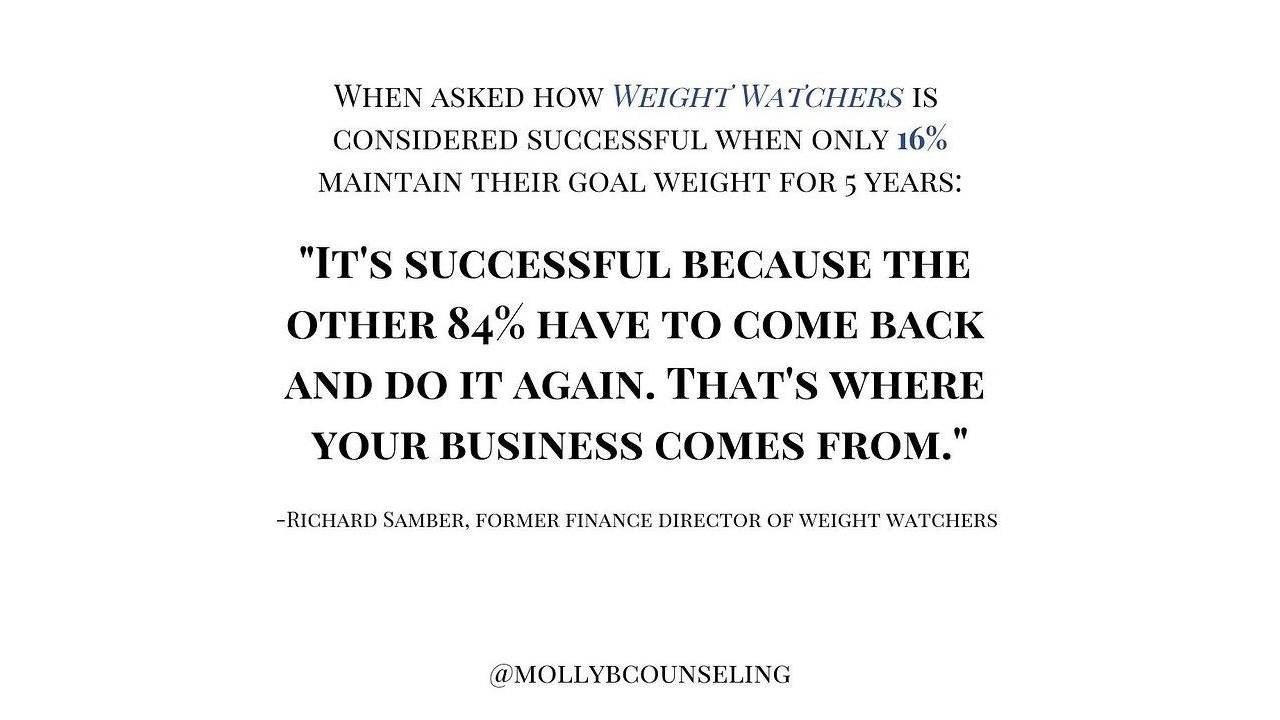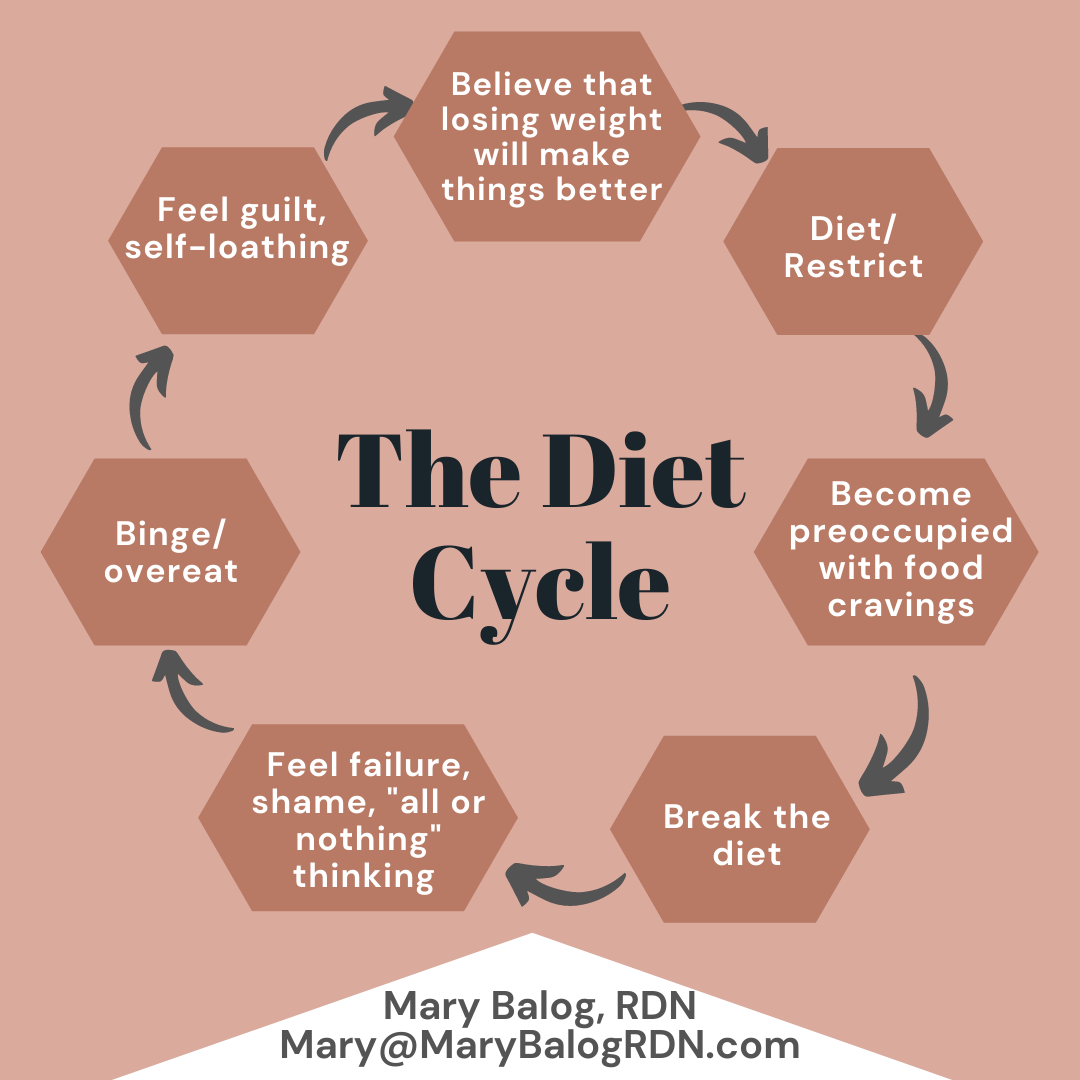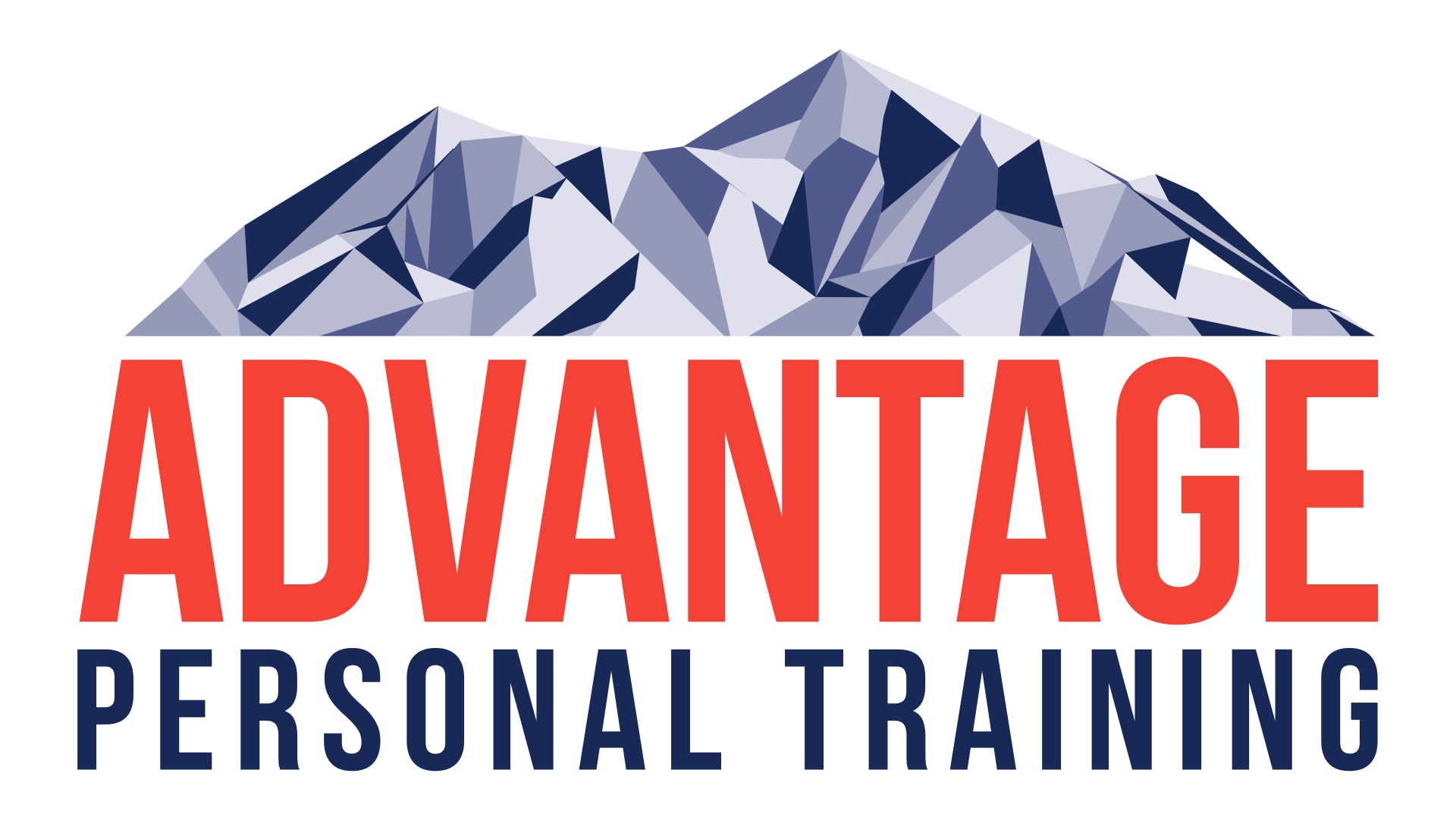Your Training Should Always Be…
Your training should always be…
Super high intensity
Done to exhaustion
Crazy and exciting
CONSISTENT
Sports drink commercials and certain fitness competitions have painted a picture of how athletes train these days. On TV we see glorified shots of athletes flipping tires, swinging sledge hammers, ripping out sit ups, and waving heavy shipping ropes. That all looks cool and fun, but the truth is, that’s not the way top athletes train. And it’s definitely not the way our young athletes should be training. The fun stuff they show on TV is gimmicky, interesting and unique in the same way the Kardashians are gimmicky, interesting and unique (among other things). If they weren’t all those things, people wouldn’t tune in every week to see what was going to happen next. As much as we want to glorify the sports training business, the training just isn’t that interesting. The top coaches in the world know that athletes improve by following 3 very basic principles, and following them CONSISTENTLY. That means development is a slow, steady, continuous process that is spread out over time (that’s years, not weeks!). The top coaches follow these 3 principles.
LTAD
Long Term Athlete Development.
There is a new trend in competitive athletics that is turning youth athletes into miniature pros. If the training is good for the pros, it must be good for these young athletes, right? Wrong. Development of athleticism is a slow cooking process ( see our other article Youth Development Is a Crock Pot ). There is a new paradigm spreading across our youth landscape called the Long Term Athlete Development Model. USA Hockey is taking this approach in their ADM (American Development Model) for players at every level. The foundation of this model relies on the learning, practicing, and mastering of basic age-appropriate athletic movements like balancing, running, jumping, and skipping before moving on to more advanced training modalities like advanced plyometrics or high intensity interval workouts. Knowing how to move, physical literacy, should come before more extreme forms of movement. In the words of physical therapist Grey Cook, “First move well, then move often.” Programs that focus on fundamental movement skills “will help an athlete become less susceptible to injuries, improve an athlete’s ability to perform technical and tactical skills more effectively, and assist the athlete to cope with the demands of the sport.” 1 Bottom line, the training the pros do is for the pros. They have earned it.
PROGRESSIVE RESISTANCE
“Do the toughest thing you can do really well.”
You will hear that a lot in our facility. It gets the point across that workouts should be challenging, but good form and technique trump all other variables. Great coaches know the bulk of their athletes will improve by following a “progressive resistance” model. In its most basic form, that means do 5lbs more than you did last week or combine 2 skills you do well into 1 movement. There is one caveat… in both cases, it has to look good. Form and technique have to be great in order to progress to more weight or more difficult skills. If your form in a basic body weight squat is no good, then you shouldn’t move up to a squat with weight. This applies to sport skills as well. If you can’t shoot a hockey puck standing still, you probably shouldn’t worry about catching a pass and shooting quickly on the move. This is a very similar idea to LTAD, get good at the level you are at, then move on to more difficult levels. Consistency pays off here because athletes who work constantly over time will develop lasting changes that will allow them to keep progressing to tougher and tougher weights and skills.
MINIMUM EFFECTIVE DOSE
When it comes to strength training, give the body just enough stress to create an adaption, recover, then do it again. The days of grinding athletes into the ground every workout are over. There are going to be days that are very challenging, but the bulk of our workouts are going to offer just enough stress to make the body sit up and take notice. The body doesn’t gain strength during the workout, it gains strength in the RECOVERY. Areas of the body that receive training stress experience small amounts of damage, and the body reacts to repair that area just a little bit stronger than it was before. If workout intensity is always pegged to the top, the body will not have a chance to recover, and won’t be allowed to make these repairs.
Athletes who consistently follow these 3 principles set themselves up to maximize their athletic potential. Training doesn’t have to be crazy or extreme to be effective. You can challenge yourself in a simple, responsible strength training program and make lasting gains over the course of a year. Simple training done well leads to stronger, healthier, more dynamic athletes at any level.
Was what you read interesting? Maybe even helpful? Join our Insider’s list and we will keep our best stuff coming right to your inbox.
Join Our List



Advantage Personal Training is an Ann Arbor based Family Oriented Gym, focusing on the training needs of individuals, small groups and youth athletes. Meet with a results-oriented personal trainer and put yourself on the path to a more active life!
SERVICES
CONTACT INFORMATION
Hours of Operation
Mon to Fri: 6:00 AM - 8:30 PM
Sat: 8:30 AM - 12:30 PM
Sun: CLOSED
All Rights Reserved | Advantage Personal Training

